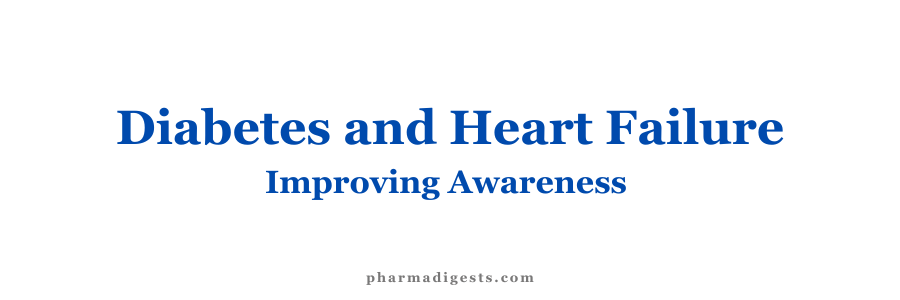Pharma Blog

Design of Experiments (DOE) in Drug Formulation Development
In pharmaceutical industry, the Design of Experiments (DOE) stands as a pivotal tool, systematically guiding the exploration and optimization of critical processes. By efficiently analyzing multiple factors and their interactions, DOE empowers the industry to enhance product quality, ensure consistency, and meet stringent regulatory requirements. Its strategic application contributes to ... Read More

Basics of Control Chart in Pharmaceutical Industry
Control Charts is a statistical tool to determine if a process is in control. Types of Control Charts Variable Control Charts Deal with items that can be measured. For examples:1) Weight2) Height3) Speed4) Volume Types of Variable Control Charts Attribute Control Charts Control charts that factor in the quality attributes ... Read More

Humoral Control of the Circulation
Humoral control of the circulation means control by substances secreted or absorbed into the body fluids- such as hormones and locally produced factors. Among the most important of the humoral factors that affect circulatory function are the following: Vasoconstrictor Agents Norepinephrine and Epinephrine: Norepinephrine is an especially powerful vasoconstrictor hormone; ... Read More

Diabetes and Heart Failure | Improving Awareness
Adults with diabetes are at increased risk for the development of asymptomatic cardiac structural or functional abnormalities (stage B heart failure) or symptomatic (stage C) heart failure. Consider screening adults with diabetes by measuring a natriuretic peptide (B-type natriuretic peptide [BNP] or N-terminal pro-BNP [NT-proBNP]) to facilitate prevention of stage ... Read More

Saudi Pharmacist Licensure Examination (SPLE) Syllabus
The Saudi Pharmacist Licensure Examination is a comprehensive measure of knowledge in four major pharmacy content areas: 1. Basic Biomedical Sciences 1.1 Physiology 1.1.1 Function of the major body systems and homeostatic impact at organ and system level 1.2 Biochemistry 1.2.1 Chemistry and utilization of bio-macromolecules including proteins, lipids, carbohydrates, ... Read More

KAPS Exam Syllabus
The KAPS exam consists of 200 questions delivered over two 2-hour sessions (a total of 4 hours of assessment) with a 60-minute scheduled break in between. Major Content Area with Approximate Distribution per Content Area The KAPS exam consists of 2 papers: Paper 1 Paper 2 Note: To pass the ... Read More

Prediabetes | A Silent Disease
Prediabetes are mostly silent diseases (without any signs or symptoms). It’s common and reversible. You can prevent or delay prediabetes from turning into type 2 diabetes with simple, proven lifestyle changes. What Is Prediabetes? Prediabetes is a serious health condition where blood sugar levels are higher than normal, but not ... Read More

Data Quality Framework (DQF) for EU Medicines Regulation
Data Quality (DQ) In general terms, quality is defined as an attribute of a product or service that defines the degree to which it meets customer and other stakeholder needs within statutory and regulatory requirements or its fitness for intended use. Where Data quality is defined as: “fitness for purpose ... Read More

Difference Between Batch Record and Master Batch Record
To ensure quality and safety in pharmaceutical production, Good Manufacturing Practices (GMP) require detailed documentation of production processes. What is a master batch record? A master batch record (MBR), also known as a master production record (MPR) is a document that contains the approved ingredients, formulation, and instructions guiding the ... Read More

Pharmaceutical Quality by Design Tools
Prior Knowledge Knowledge may be defined as a familiarity with someone or something, which can include information, facts, descriptions, and/or skills acquired through experience or education. The word “prior” in the term “prior knowledge” not only means “previous,” but also associates with ownership and confidentiality, not available to the public. ... Read More

Phases of a Technology Transfer Project in Pharmaceutical Industry
The technology transfer project plan can be divided into four different phases. These include: Phase I: Project initiation During the initiation phase of the project, a unit normally identifies the need for the technology transfer. This may be due to a lack of capacity, a transfer from development to commercial ... Read More
